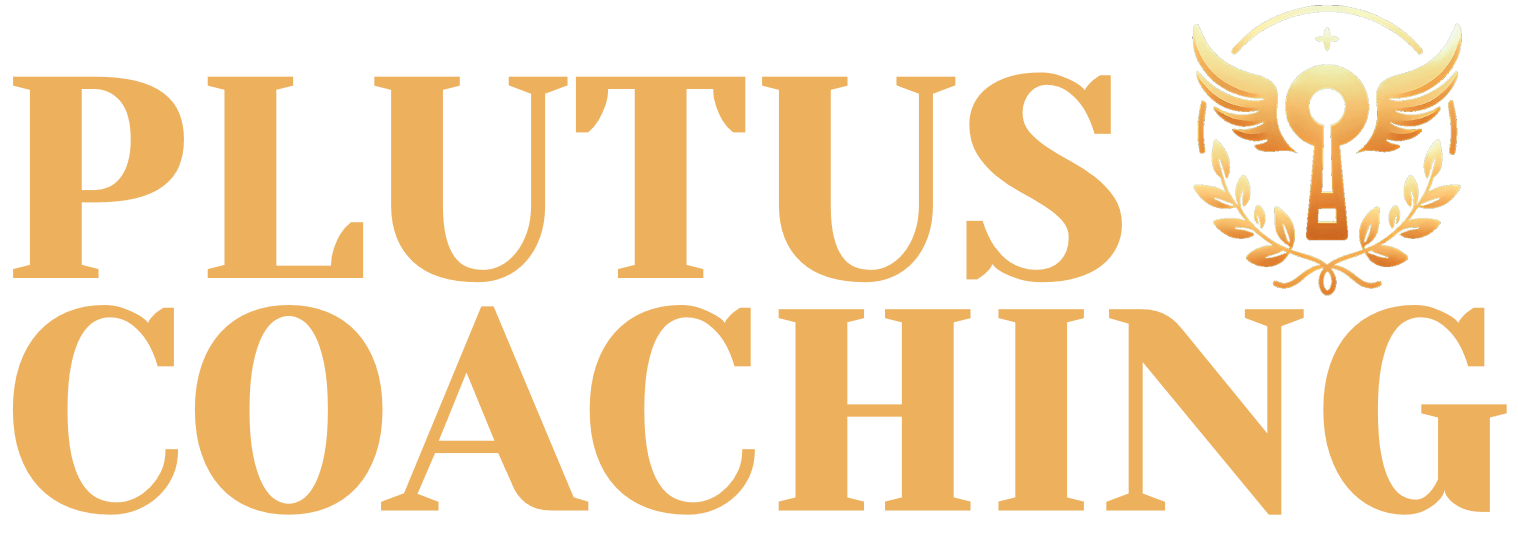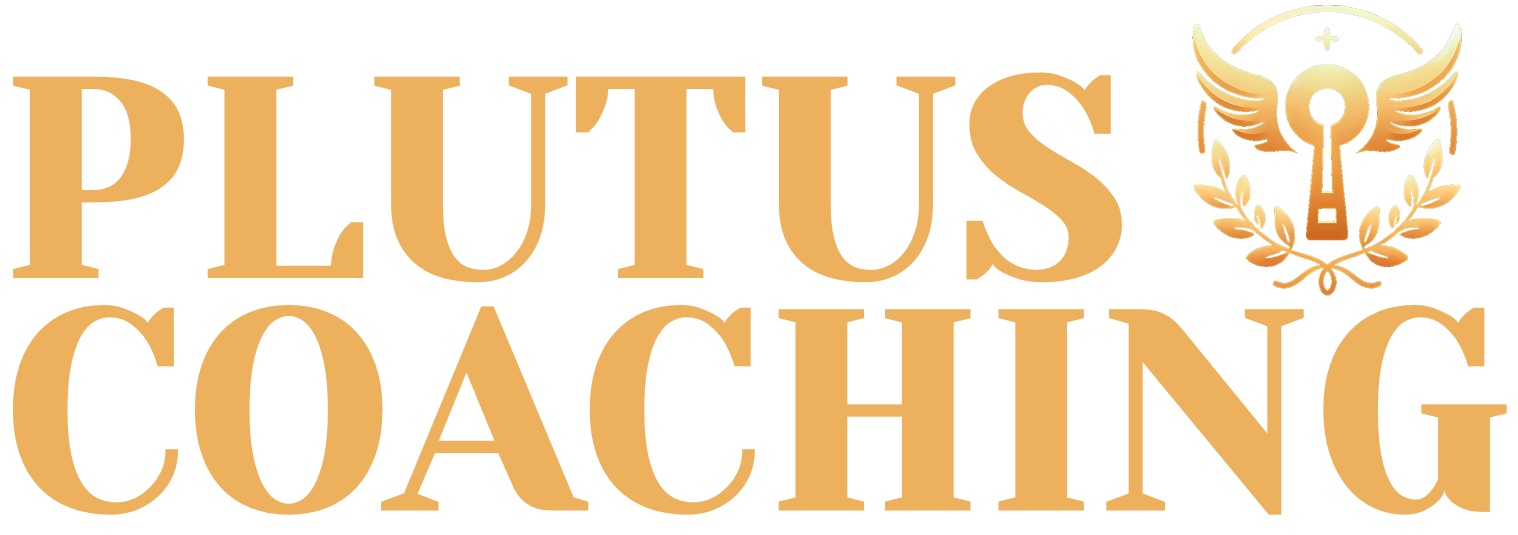Welcome! We’ve spent years helping individuals regain control over their finances and break free from the shackles of debt. Today, we are here to guide you through the process of understanding debt, a crucial step toward achieving financial freedom.
In this Episode 1 “Understanding Debt and Its Impact on Your Life”, of our debt series, we’re going to explore what debt really is, how it impacts various aspects of your life, and why acknowledging your debt is the first and most important step toward financial security. Whether you’re overwhelmed by credit card debt or dealing with student loans, understanding the root cause and consequences of debt can empower you to take action.
1. Defining Debt
What is Debt? At its core, debt is money owed to another party, often with the agreement that it will be repaid with interest. In today’s world, most of us deal with debt in one form or another, and while it can be useful in certain situations, it often leads to financial strain when mismanaged.
Different Types of Debt:
- Unsecured Debt: This includes credit cards, personal loans, and medical bills. Since this type of debt is not tied to any specific asset, it often comes with higher interest rates.
- Secured Debt: Mortgages and car loans fall under this category. These loans are backed by collateral (like your home or car), which can be seized if you fail to repay the loan.
Good Debt vs. Bad Debt:
- Good Debt: Borrowing to invest in something that is likely to increase in value over time, such as education, a home, or a business, is often considered good debt. It can help build wealth if managed properly.
- Bad Debt: This includes high-interest consumer debt, such as credit card balances or payday loans, which do not provide long-term financial benefits and can quickly spiral out of control if not repaid promptly.
Most people carry some form of debt at some point in their lives, and it’s important to understand that debt in itself is not inherently bad. It’s how we manage it that makes the difference.
2. How Debt Accumulates
How People Get into Debt: Debt often starts small but can quickly snowball into a significant financial burden. Understanding how debt accumulates is the key to preventing it from getting out of hand. Let’s look at some common ways people end up in debt:
Spending More Than You Earn: One of the most common ways people fall into debt is by living beyond their means. If you consistently spend more than your income, you’ll likely rely on credit to cover the gap.
Using Credit Cards for Everyday Purchases: Credit cards offer convenience, but they can also lead to debt if not used carefully. When you only make minimum payments or fail to pay off the balance in full, interest starts accruing, making it harder to pay off the debt in the long run.
Taking Out Loans for Non-Essential Items: Financing purchases like vacations, luxury goods, or electronics may seem harmless at first, but these debts can quickly add up, especially with high-interest rates.
Unexpected Expenses: Sometimes, debt accumulates due to unavoidable circumstances, such as medical emergencies, car repairs, or sudden job loss. In these situations, people may take on debt to cover these unexpected costs.
Necessary Debt vs. Lifestyle Debt: Not all debt is created equal. Some debt is a result of essential expenses, like medical bills or student loans, which are often necessary investments. On the other hand, lifestyle debt—such as financing a vacation or purchasing a new car when an older one works fine—is a choice that can lead to financial strain.
It’s crucial to differentiate between these two types of debt. Necessary debt can be part of long-term financial planning, while lifestyle debt often stems from short-term gratification that can have long-term consequences.
3. The Emotional and Psychological Impact of Debt
Debt doesn’t just affect your bank account—it impacts your mental and emotional well-being as well. The weight of owing money can create significant stress, which often spills over into other areas of life.
Stress and Anxiety: Living with debt can create constant worry. From receiving calls from creditors to dreading the arrival of monthly bills, debt keeps people in a state of tension. This stress can make it hard to focus on work, maintain relationships, or even enjoy simple pleasures.
Financial stress often leads to a cycle of anxiety, affecting every decision you make. Whether it’s deciding what groceries to buy or choosing between paying off debt and saving for the future, the pressure never seems to let up.
Guilt and Shame: Debt can also trigger feelings of guilt or shame. Many people blame themselves for getting into debt, even though circumstances like medical emergencies or job loss may have been outside their control. Unfortunately, societal stigma around debt can make people feel embarrassed to talk about their financial struggles, causing them to suffer in silence.
It’s important to recognize that debt is a common experience and not necessarily a reflection of poor choices. For many, debt stems from a lack of financial education or life circumstances rather than irresponsibility.
Mental Health: The emotional burden of debt often contributes to mental health issues, such as anxiety and depression. The constant worry about money can lead to feelings of hopelessness and avoidance, making it even harder to face financial problems. In some cases, this can create a vicious cycle: the more stressed you are about debt, the less likely you are to take action to resolve it, which leads to even more stress.
Debt is not just a financial issue—it’s a mental and emotional one, too. Acknowledging this is key to breaking free from its grip.
4. The Financial Impact of Debt
Debt’s most obvious impact is financial, but the true cost goes beyond the amount owed. Understanding the financial consequences of debt helps you grasp why it’s important to manage and reduce it strategically.
Interest and the Cost of Borrowing: Interest is the price you pay for borrowing money, and it accumulates over time. The longer it takes to repay a debt, the more expensive it becomes. For example, with high-interest credit cards, a purchase made today could end up costing significantly more if only minimum payments are made.
One of the biggest traps people fall into is paying only the minimum payment on their credit card bills. While this might seem like a manageable solution in the short term, it stretches out repayment for years and racks up massive interest charges, keeping people stuck in a cycle of debt.
Opportunity Cost: Every dollar you spend on repaying debt is a dollar that could have gone toward something else. This is known as opportunity cost—the loss of potential gain from other uses of that money. Whether it’s saving for retirement, investing in your future, or even enjoying life’s simple pleasures like travel or hobbies, debt limits your financial freedom.
Instead of building wealth or achieving important life goals, money goes toward servicing debt, which can delay or derail long-term plans.
Credit Score Impact: Carrying debt, especially when payments are missed, can damage your credit score. Your credit score affects your ability to get loans, the interest rates you pay, and even your eligibility for renting a home or securing certain jobs.
Missed or late payments signal to lenders that you may be a risky borrower, which can lead to higher interest rates or being denied credit in the future. This makes it even harder to regain financial stability, as the cost of borrowing increases when you need it most.
Debt not only affects your current finances but also limits your ability to make smart financial decisions in the future. By understanding its financial impact, you can start making better choices to minimize its long-term effects.
5. The Social and Physical Impact of Debt
Debt doesn’t just affect your finances and mental health; it can also have far-reaching consequences on your relationships and physical well-being.
Strained Relationships: Money issues are one of the leading causes of relationship conflicts. When debt piles up, it can create tension between partners, friends, and even family members. Differences in spending habits, financial priorities, or debt management strategies can lead to arguments, resentment, and feelings of inequality.
For example, one partner might feel burdened by the other’s debt, or parents might struggle to help their children financially while managing their own obligations. These strains can weaken relationships over time, creating emotional distance and frustration.
Physical Health: The stress of being in debt can take a toll on your physical health. Financial anxiety is often linked to poor health habits, such as overeating, lack of sleep, or neglecting regular exercise. Over time, this stress can lead to more severe physical conditions, including high blood pressure, headaches, and even heart problems.
The emotional toll of debt often leads to avoidance and procrastination, where people put off dealing with their financial situation because they feel overwhelmed. This avoidance creates a vicious cycle, where the more you ignore the problem, the worse it becomes—and the more stress it causes.
Debt isn’t just a financial burden; it can weigh heavily on your relationships, body, and overall well-being. Acknowledging this impact is a powerful motivator for taking control of your financial situation and relieving the burden on all aspects of your life.
6. The Bigger Picture: Debt and Life Goals
Debt doesn’t just affect your day-to-day life; it can also have a long-term impact on your dreams and aspirations. When debt becomes a central focus, it can delay or completely derail your progress toward key life goals.
Delayed Dreams and Aspirations: Debt can prevent you from achieving some of life’s most significant milestones—buying a home, starting a family, traveling, or launching a business. When your income is tied up in debt repayments, it’s harder to save for big-ticket items or invest in personal development.
Many people find themselves stuck in a cycle of living paycheck to paycheck, with their dreams feeling further out of reach each month. This can be disheartening, making it seem like financial independence is unattainable.
Lack of Financial Security: People carrying significant debt often have little or no savings, leaving them vulnerable to financial emergencies. Without a safety net, any unexpected expense—whether it’s a medical bill, a car repair, or a job loss—can force people to take on even more debt to cover these costs.
This creates what is known as the debt cycle: borrowing to cover immediate needs, only to fall deeper into debt when you can’t make payments. The longer this cycle continues, the harder it is to break free.
Debt impacts your ability to plan for the future, invest in opportunities, and build a secure financial foundation. Recognizing this bigger picture is crucial to making debt management a priority and setting the stage for long-term financial freedom.
7. Why Acknowledging Debt is the First Step
The first and most crucial step to overcoming debt is simple: acknowledging that it exists and understanding its scope. While it may seem easier to avoid thinking about your debt, facing it head-on is a powerful and empowering move.
Awareness and Acceptance: Many people live in denial about their financial situation, avoiding bills or pretending that debt isn’t a pressing issue. However, without a clear understanding of how deep in debt you are, it’s impossible to create a realistic plan to get out of it.
Acknowledging your debt means being fully aware of how much you owe, the interest rates you’re paying, and the overall impact it’s having on your life. This awareness is the foundation for change—it’s hard to improve what you’re not fully aware of.
Taking Ownership: Once you’ve acknowledged your debt, the next step is to take ownership of it. While debt can often feel like an overwhelming burden, viewing it as something you have the power to change is an essential mindset shift.
Instead of feeling helpless or defeated, recognizing that you’re taking steps toward addressing your financial challenges is a sign of progress. Taking ownership means accepting that, while it might take time, you’re capable of turning the situation around.
The fact that you’re reading this or engaging with these ideas shows that you’re ready to face your debt and start making positive changes. It’s not about blame or guilt—it’s about taking control and making choices that will lead to a better financial future.
8. The Road Ahead – What’s Coming Next in the Episodes
Now that you’ve taken the first step by understanding debt and its impact, it’s time to look ahead. This is just the beginning of your journey toward financial freedom, and over the next few episodes, we’ll look deeper into practical steps and strategies that will help you take control of your financial situation.
In the upcoming episodes, we’ll explore key topics like:
- Assessing Your Financial Situation: How to get a clear picture of your income, expenses, and debts, so you can create a solid foundation for debt repayment.
- Budgeting for Success: Learning how to create a realistic budget that allows you to live within your means while still paying off debt.
- Debt Repayment Strategies: We’ll discuss different methods, like the snowball and avalanche methods, to help you pay off your debt efficiently.
- Building an Emergency Fund: Why having a safety net is critical to avoiding more debt in the future, and how to start saving even while repaying debt.
These tools will help you make informed decisions about your finances, ensuring you stay on the path to becoming debt-free.
“In the next episode, we’ll go through assessing your financial situation—how to get a clear picture of where you stand and begin planning a way out.”
Remember, being in debt is not a life sentence. By gaining awareness and taking the first steps toward managing your debt, you’re already on the path to financial recovery. It takes time, but with the right mindset and strategies, you can break free from the burden of debt.
For more personalized support on your debt-free journey, check out our wealth coaching services. You can also book a consultation to discuss your specific situation and start creating a tailored plan to get out of debt.





